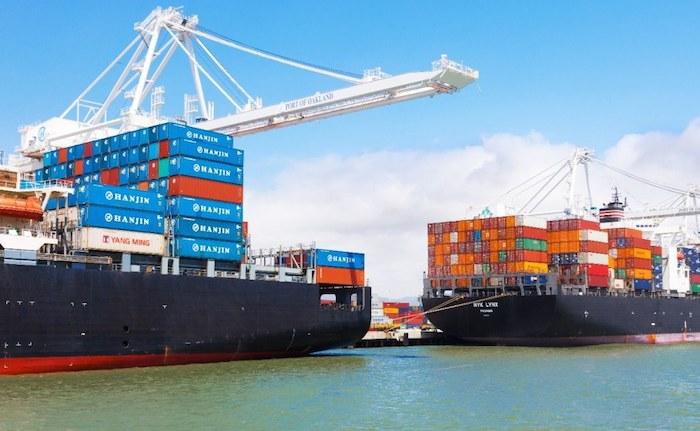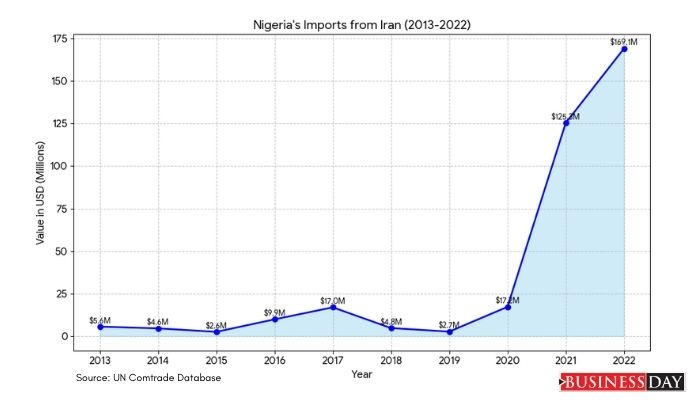Nearly four out of ten ships owned by Nigerian interests are registered under foreign flags, according to new data from the United Nations.
The United Conference on Trade and Development (UNCTAD) in its Review of Maritime Transport 2025 report shows that 39 percent of Nigerian-owned vessels are flagged abroad rather than in Nigeria.
The practice, known as ŌĆ£flagging out,ŌĆØ often reflects shipownersŌĆÖ preference for foreign registries that offer lower taxes, cheaper registration fees, and more flexible regulations.
Nigeria has a total of 311 vessels with a combined carrying capacity of more than 9 million deadweight tons. Of this fleet, 228 vessels sail under the Nigerian flag, while 76 are registered abroad.
The figures place Nigeria among countries where a significant portion of shipowners avoid the national registry.
Open registries such as those of Liberia, Panama, and the Marshall Islands remain the most popular destinations for such vessels worldwide.
Researchers say the trend draws attention to the challenges facing NigeriaŌĆÖs ship registry, which has struggled with competitiveness despite government efforts to attract more owners.
Read also:┬ĀFrench shipping giantŌĆÖs new levy adds millions to Nigerian importers bills
NigeriaŌĆÖs shipping fleet is primarily shaped by its oil-driven economy. As of recent estimates, over 9o percent of NigeriaŌĆÖs international trade is conducted via maritime transport, yet the country owns only a small fraction of the vessels operating in its waters.
The fleet is dominated by oil tankers and offshore support vessels (OSVs), which are essential for transporting crude oil and servicing offshore drilling platforms.
These include platform supply vessels, anchor handling tug supply vessels, and crew boats, most of which are foreign-owned and flagged, despite operating within Nigerian waters.
But NigeriaŌĆÖs flag has seen modest growth. With an expanding role in liquefied natural gas exports and ambitions to become a regional maritime hub, its fleet is expanding.
The total capacity of ships under NigeriaŌĆÖs flag grew by 4.9 percent between 2024 and 2025 and the number of vessels flying it reached 1,005 in 2025, equivalent to 0.9 per cent of the worldŌĆÖs total.
In capacity terms, those ships could carry just over 7 million tons, a 4.9 percent increase from the previous year. But measured against global shipping, NigeriaŌĆÖs registered fleet accounts for only 0.3 per cent of carrying capacity and 0.6 per cent of total fleet value.
By ownership, Nigeria holds 0.7 per cent of the world fleet. That places it 32nd globally, a small but noteworthy presence for AfricaŌĆÖs largest economy.
Maritime trade volumes reached 12,720 million tons in 2024, growing by 2.2 percent according to Clarksons Research, even exceeding the 2013 to 2023 average of 1.8 percent.











